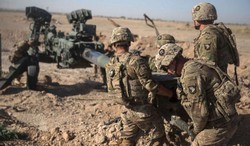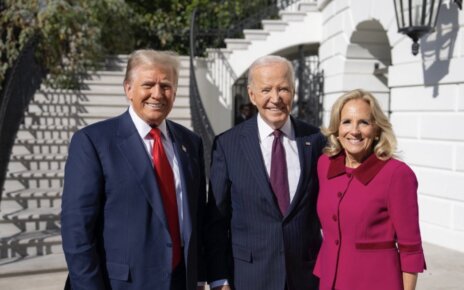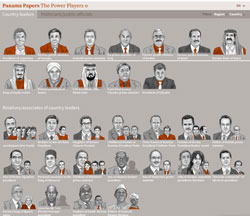On Apr. 14, President Joe Biden announced his administration will be withdrawing the combat troops from Afghanistan by Sept. 11 of this year, ending the war that has lasted 20 years. The withdraw will begin on May 1.
“It is time to end America’s longest war. It is time for American troops to come home,” he said during his address to the nation.
Biden noted that we cannot expect different results by using the same method for the last 20 years. The war that began after the deadly attacks on 9/11 has been passed on to four different presidential administration, starting with President George W. Bush in Oct. 2001.
Biden spoke to Afghan President Ashraf Ghani and said that the U.S. will continue to “support the Afghan people through development, humanitarian and security assistance.” Ghani later stated on Twitter, “We will work with our U.S. parties to ensure a smooth transition.”
According to The New York Times, the full withdrawal will be sending 2,500 to 3,500 American troops home. Information provided by the Pentagon has shown that over 775,000 U.S. members have been deployed to Afghanistan at least once since this war has started.
Secretary General of NATO, Jens Stoltenberg, has also agreed to withdraw 7,000 non-American forces from Afghanistan starting May 1 as well.
The beginning of withdrawing the troops starting May 1st is different from the Trump administration’s agreement with the Taliban of having all the troops withdrawn by May 1st. Biden believes that withdrawing the troops too soon could cause the loss of a lot of civil rights gains by Afghani women and other progress the country has made in recent times.
Because of certain security risks, Pentagon officials have argued for a continued minor presence in Afghanistan to collect intelligence, however, Biden is the first president to have rejected the Pentagon’s recommendations.
Saliba Sarsar, Ph.D., Professor of Political Science, explained that this war has estimated 241,000 deaths which include 2,400 American service members and at least 71,344 civilians; 78,314 Afghan military and police; and 84,191 opposition fighters.
However, he raises many concerns over the state of the country once the troops are removed, “especially as related to Afghani women and girls and minorities on one hand and other Afghans who assisted the U.S. in its work.”
President Biden has noted that he isn’t afraid of using any force in case of any attacks to come the Taliban from now until Sept. 11. Biden warned the Taliban that the U.S. will defend itself and its partners from attacks as it winds down its forces over the next coming months.
Sarsar continued, “The U.S. in particular and the world community in general have to do their utmost to assist in the positive development of Afghanistan. It behooves the Afghani people to cease the opportunity and move forward toward a stable, prosperous, and peaceful future.”
Biden has always been vocal about the country’s presence in Afghanistan. He unsuccessfully advocated for a smaller presence while Vice President for the Obama administration, so this withdrawal comes with no surprise.
Eleanor Novek, Ph.D., Professor of Communication, mentioned, “The war in Afghanistan has always seemed to me a bloody and pointless conflict, in a location and a culture that the US doesn’t understand. Without knowing the details of our national security reasons for being there, to me the withdrawal of the troops seems practical and ethical.”
Similar thoughts had been said by Biden, stating that the U.S. objective had been reached a decade ago when they killed Osama bin Laden, leader of the terrorist organization and the reason for staying in Afghanistan have remained unclear throughout the years.
President Biden also noted that the war has become “multi-generational” and has led to service members who weren’t even alive during the 9/11 attacks. Alexander Dyer, senior communication student, notices that younger generations examine the attacks in a less anecdotal and more analytical light.
He continued, “As a 23-year-old myself, I feel like I’m in the tail end of the last generation who were born long enough ago to remember 9/11 […] When you look at the American military’s occupation of Afghanistan in this analytical light, it makes sense that many young people see it as having gone on much too long; especially considering the fact that the 20 years of occupation makes up a majority of our lives.”
The president will focus on revisiting the U.S. counter terrorism efforts in different ways in the upcoming years, as terrorist threats are more global, focusing more on foreign policy challenges faced by China and Russia.
IMAGE TAKEN from ABC News




